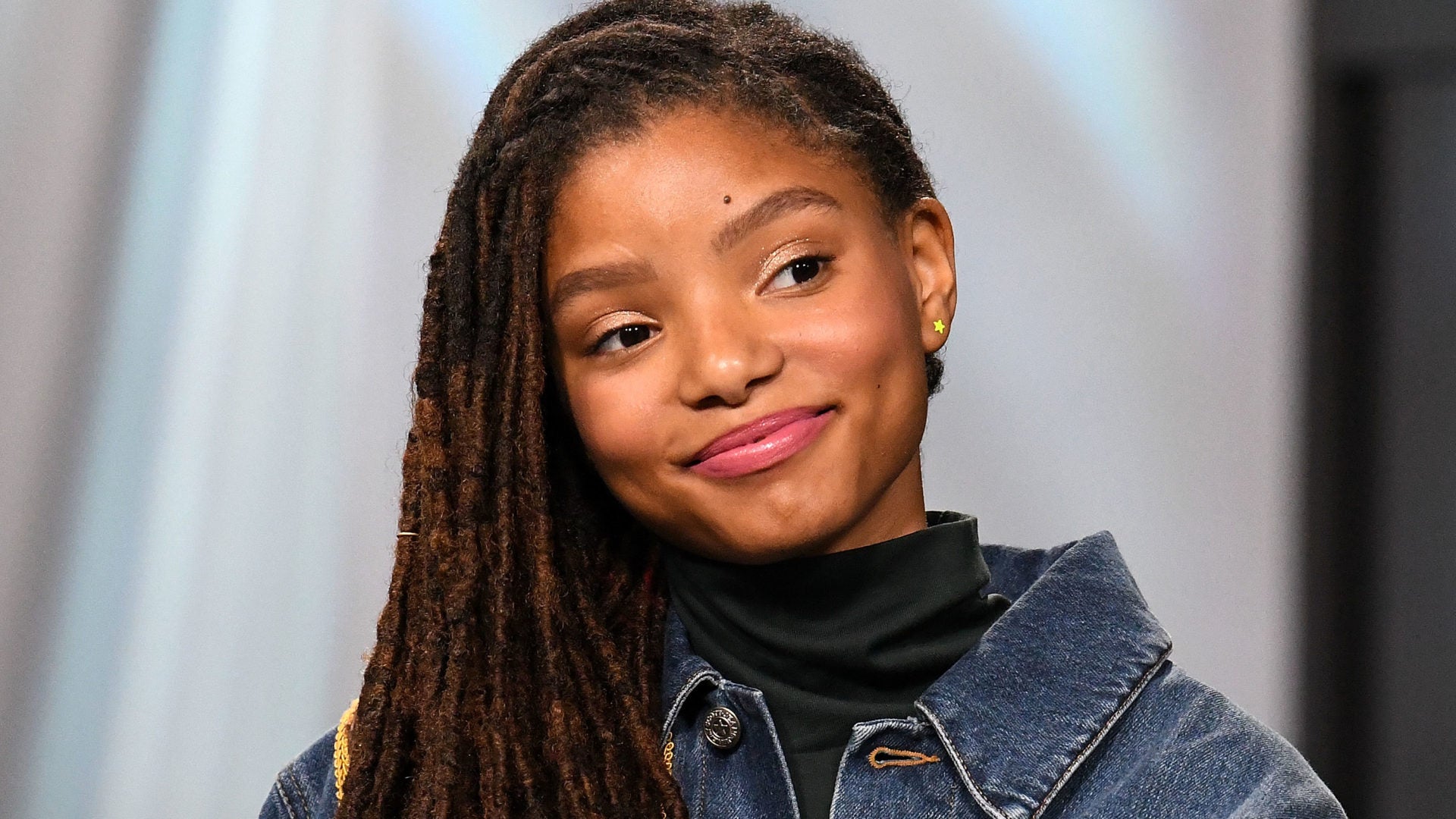
Thembi Ford, a writer on BET’s First Wives Club, for “Too Black to Blush: The intersection of politics, pop culture, and Black Girl Magic.”
You may have heard that singer and actress Halle Bailey has been cast as the Little Mermaid in an upcoming reboot. Shortly after this announcement, the hashtags #NotMyAriel and #NotMyMermaid began to trend on Twitter with objections to the casting decision. Closer inspection of the hashtags made it clear that they were intentionally made to trend in order to troll us. Too many tweets using them had low or zero follower counts and/or only had that one tweet pertaining to The Little Mermaid (bots).
Objections to a Black Ariel were not the upswell of populist sentiment that the concept of Twitter trending topics is meant to indicate. But once these things trend and real people join in, the trolling becomes revealing. But for the most part, the objections are from the ‘very fine people” eager to prove that white people are losing ground to minorities. There are some ‘very fine people’ who will latch like Ursula’s eels onto anything advancing their argument that the real problem is racism against white folks. It goes to show the lengths we must go to Make America Great Again.
Amidst, all of this, I noticed a subset of redheads claiming their ginger identity was being infringed upon by the decision to cast non-redhead Bailey as Ariel, claiming that redheads are a minority group and it has nothing to do with race. Yet, had a blonde or brunette white actress been cast in the role, I’m confident the ‘ginger community’ outcry would consist of barely a whimper. We’re living through a white supremacy renaissance, so every physical attribute that gets you closer to that blonde, blue-eyed Aryan ideal is a step towards legitimacy.
The fact that such a term as ‘ginger’ exists as if to connote some sort of sub-race of whiteness demonstrates how the rigidity of white supremacist beauty standards harms everyone and can never be truly satisfied, especially by women. It saddens me that these Aryan ideals continue to influence the self-image of so many women. There is a pain there and it should be acknowledged, but not at the expense of Black girls. It’s the stranglehold of white supremacy that keeps those upset redheads from realizing or even knowing that Black people can also be red. They’ve even heard of a few of them – for example, Malcolm X.
Something like #NotMyMermaid could only be perpetuated by people who have a culturally hard time with the concept of something not belonging to them. Because, naysayers, you’re right. Halle is not your Ariel. I’m not even telling you that she’s our Ariel. I am saying she is her own. I was ready to ignore it all until I saw too many people tweeting directly at Halle with their displeasure. Harass and intimidate our girls, is what you’re not going to do. Halle is going to continue to shine whether they like it or not. When will they learn they can’t stop us?
I can understand why redheads, if such a group has a collective mood, might be tired of Black women these days. Just last year, Prince Harry, arguably the planet’s most eligible ginger bachelor, was snatched up by a Black girl, and now a Black girl is taking an iconic ginger role.
As a Black woman, instead of strapping on my cleats for the oppression Olympics against brunettes and redheads, I would rather see white women reject the entire white supremacist patriarchy. Have a problem with the entire hierarchy instead of trying to preserve your place in it by knocking black girls down a peg.
On Reboots
The purists’ knee-jerk objection to change in reboots is expected and natural. As a writer on a reboot (the upcoming First Wives Club on BET+), I have experienced firsthand the thoughtfulness required to balance creativity with respect for the original material. There will always be naysayers who refuse to give reboots a chance, anticipating that any deviation from the precious original will be a disaster. But, especially when it comes to fairy tales, there is no legitimate reason to be agitated. In my re-imagining of the Disney classic, Ariel the mermaid is depicted as a scamming hoarder ready to give it all to lure a man to the bottom of the ocean. Think about it: she has an underwater storage space filled with stuff she can’t use or identify and is willing to give up everything about herself for a guy. How can you live under the sea yet be so thirsty? Should the people rebooting The Little Mermaid take that perfectly accurate but far less whimsical approach, I could understand lovers of the original fearing that the reboot might lose its charm as the adored children’s classic of Disney’s design.
